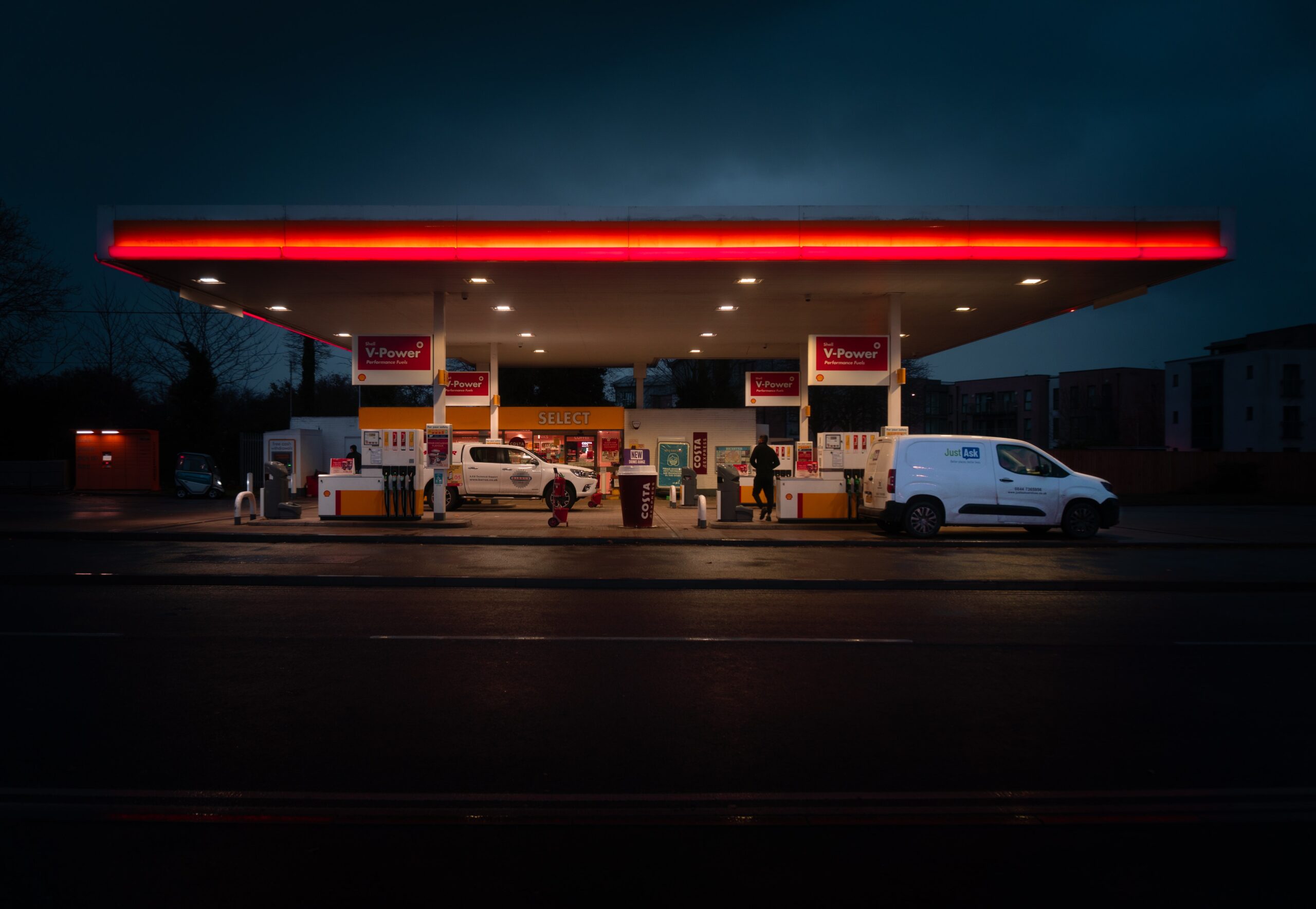30 September 2021
Union Men
The Road Haulage Association.
By J.R. Thomas
 Oh, you don’t get me, I’m part of the union
Oh, you don’t get me, I’m part of the union
You don’t get me, I’m part of the union
You don’t get me, I’m part of the union
Til the day I die
Til the day I die
Ah, the Strawbs. Where are they now? Alas but inevitably, some of the original members are deceased, but Dave Cousins is still leading the band, touring, and releasing the occasional piece. The Strawbs spoke for a certain time, for a certain approach, for a certain economic perspective. They sang for union men indeed, they knew the power of labour united and the financial and social rewards that it brought to its members. (Don’t tell us it was all satire, please Dave.)
So did Margaret Hilda Thatcher, who was not a member of the Strawbs at any time in her illustrious career, but understood the power of the union men – and they nearly all were men. She knew that to bring about the desperately needed fundamental modernisation of the British economy the unions had to have their powers drastically reduced. Not that she was against working men and women being paid higher wages, but that had to be in return for higher productivity and for much greater flexibility in working practices. This turned out in a way to be the easiest part of the Thatcher revolution of the 1980’s, when Mrs T picked up the baton dropped by Ted Heath after the miners fought him to an election and out of office. There was to be no such surrender this time, and the economic refashioning of Britain was carried through. Not without pain and strife, but by the end of the C20th Britain’s was an astonishingly successful economic revival.
But Mrs T also knew that in some ways she had only fought half the battle. What she had not tackled was the restrictive practices of another bunch of tough unionists. That is, the professionals’ unions and the trade associations. The British Medical Association still bestrides our hospitals and surgeries like some steel worker barring the factory gates, preventing change in the NHS without their consent, very unlikely. The Law Society carefully regulates and controls those admitted to the practice of law and by restricting entry keeps the price of legal services at a level which represents a very nice standard of living for those approved by it. Mr Arthur Scargill (remember him?) had nothing to learn there. The National Farmers Union has failed in its long term aim to keep up the prices of food produced in the UK, but it still hits well above its weight in many respects, with special concessions to farming when it comes to business rates, fuel prices, planning consents, and, of course, those expensive subsidies mainly granted for not doing things – such as disturbing natural habitats and felling trees. The Blessed Margaret’s great victory was over restrictive practices in the City of London, sweeping away the old and, perhaps unintentionally, bringing huge rewards to those who survived.
But, fuel prices, we just mentioned. Now, at the moment you might have difficulty getting enough fuel to fill your cigarette lighter, to enable you to light a gasper to steady your nerves in the latest crisis to rock the national media, sorry, British public. In Downing Street and Westminster the government calls for calm and for an end to daily fuel buying; there’s plenty of fuel they assure us, the oil tankers are docking on schedule, the refineries are refining, and there is no unusual burst of use such as might be caused by a bad winter. The only problem is that BP were a few tanker drivers short and a few of their filling stations ran out.
Never say such a thing to the hyper-nervous British public. Instant panic, queues round motorway junctions into service areas, motorists putting ten quid’s worth a time in to top up their tanks (probably using fifteen quid’s worth to get to the service station and back home). Your correspondent filled up on Saturday afternoon and asked the till operator if they had much left. “Oh, plenty,” he said “and normal delivery schedule next week” but turned to a stock of Jaffa cakes by the till. “But we are about to run out of these and no more available.” This seems unlikely, but I took the precaution of buying all he had left. (Anybody want some – I don’t actually like them.)
But there was one strange aspect of this crisis that should be no crisis. At Downing Street the media recorded, just as in the wonderful wacky days of Harold Wilson, powerful union barons arriving for crisis talks with the Prime Minister. No, not the drivers union, the United Road Transport Union, “URTU”, not perhaps the best known union in the land, nor a very successful one, judging by the way truck drivers pay and conditions have deteriorated over the last twenty years. These were the tough faced white middle aged male leaders of the Road Haulage Association. The RHA represents the operators of about 250,000 UK lorries, just over half the UK domiciled fleet. It was notably anti-Brexit and its leaders still are. And for cynics, and perhaps even for non-cynics, the reason is not difficult to work out. It has had a glorious run of being able to employ cheap labour, mostly from eastern Europe. Lorry drivers, in the ‘60’s notably well paid, are now notably badly paid; but not by east European standards.
What’s been bad for the workers has probably been good for the bosses, though to be fair, the prices of hiring trucks are remarkably low, as any of our readers who has hired one will know. Costs have dropped but a lot of the UK’s fleet is not in the RHA and competition has been fierce. Until now. There are far fewer drivers than trucks, says the RHA, and all truck owners are having to grant big pay rises to gently smiling drivers, and allow them to work shorter hours. So, says the RHA, fling open the immigration gates and let us have back our drivers of yore. And things will return to normal, including what we like to pay the drivers.
Boris is often criticised for stupidity and indolence, though there is no great evidence of either. Certainly not on this occasion. Yes, says the Prime Minister, we could make a few temporary permits available to overseas drivers while we get back to normal. But as most of Europe is mysteriously short of truck drivers (according to the RHA), let’s also get some army types trained up to drive tankers, just to make sure we will have capacity. The RHA did not seem that grateful for this constructive suggestion and has gone rather quiet. Arthur Scargill knew how to use a monopoly power better than that – but then you need to control a lot more of the market than 50% to make his sort of approach work.
Nevertheless, this interesting series of events reminds us that unions have potentially a lot of power to distort markets. Mrs T knew that not all unions are blue collar; now, so does Boris. He may not be getting fulsome contributions from transport executives for Conservative party funds any time soon, but surely the lads and lasses in the truck cabs may be more generous.
tile photo: Kyle Bushnell on Unsplash


